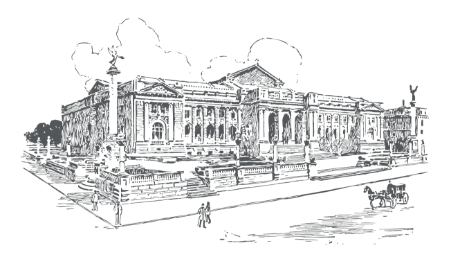
Also visit Citizens Union’s Library for a searchable archive of reports, policy briefs, election guides, and historical documents spanning more than a century of civic leadership, offering resources on transparency, accountability, and democratic reform in New York.
Issues
January 1, 2026
Issues
December 12, 2025
Issues
December 11, 2025
Issues
December 11, 2025
